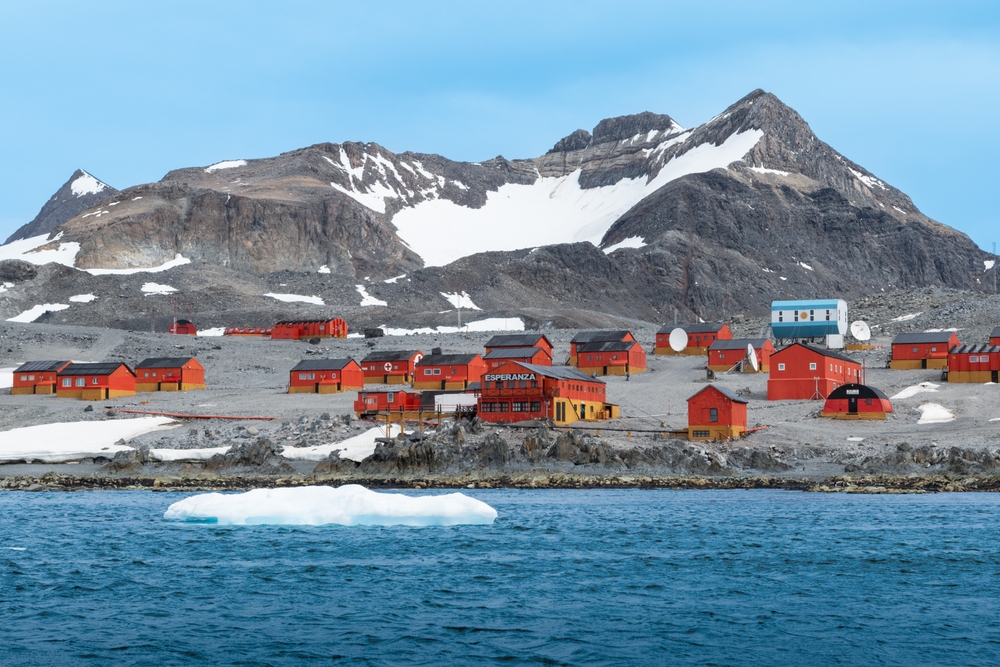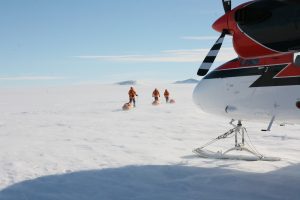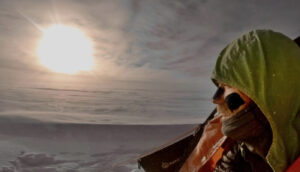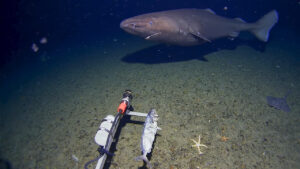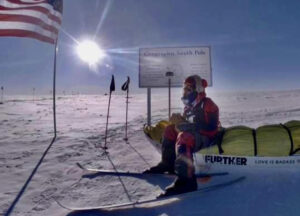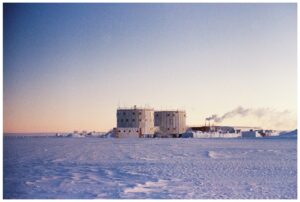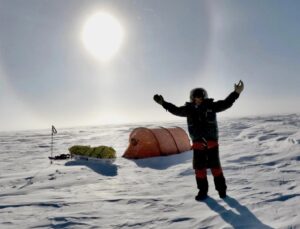Antarctica is usually unoccupied except for scientists, wealthy tourists, and adventurers. Surprisingly, though, a small number of children have entered the world there. The exact figure is difficult to pin down. Some sources list 11 births, mostly at Argentina’s Esperanza Base and Chile’s Eduardo Frei Base. One child was both conceived and born in Antarctica.
Even these remarkable children, however, don’t carry Antarctic passports, because Antarctica isn’t a country. The children take their parents’ nationality.
The first ‘Antarctican’
The first documented birth was Emilio Marcos Palma, delivered on Jan. 7, 1978, at Argentina’s Esperanza Base. His mother, Maria Silvia Morello, flew there late in her pregnancy as part of an Argentine initiative to strengthen its territorial presence.
Palma weighed 3.4kg at birth. His father, Captain Jorge Emilio Palma, was head of the Argentine Army detachment at the base.
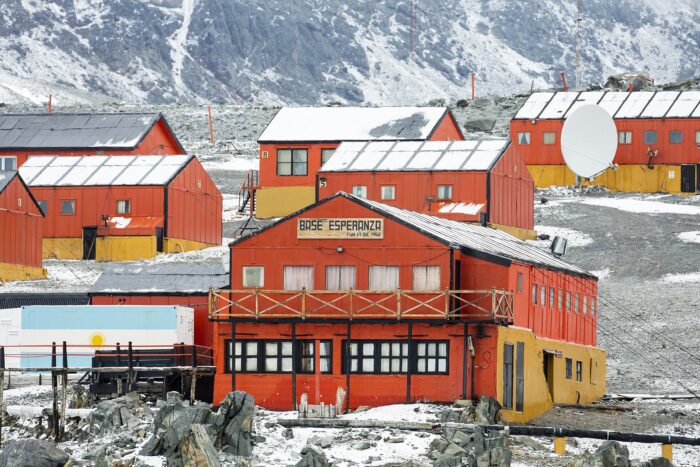
Esperanza base. Photo: Wikipedia
Most sources recognize Palma’s birth as the first on the Antarctic mainland. Palma was also entitled to British overseas citizenship, as the UK also claimed that part of Antarctica.
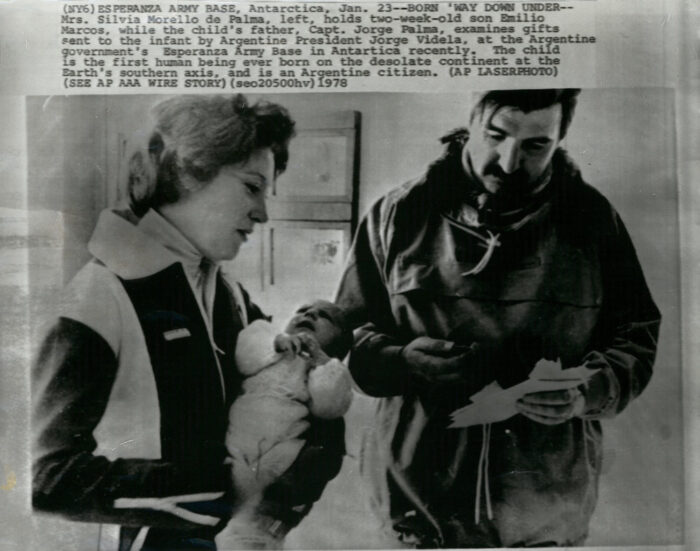
Emilio Marcos Palma was the first baby born in Antarctica. Photo: adam.antarcticanz.govt.nz
Marisa Delgado
Just months later, on 27 May 1978, Marisa de las Nieves Delgado was born at Esperanza Base, during a storm when winds reached 150kph. Delivered by Dr. Carlos Galceran with help from her father, Sergeant Nestor Delgado, she weighed 3.42kg. Newspapers announced her as “The First Woman of Antarctica.”
Although she returned to Buenos Aires as a baby, Delgado told The Press, “My memories aren’t of playing in the snow –- but it’s my story, it’s in my identity.” She often introduces herself as Marisa “de las Nieves” Delgado, meaning “of the snows.”
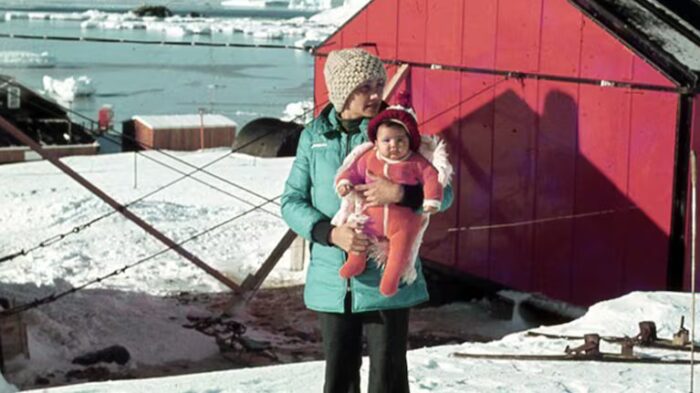
Marisa Delgado with her mother Juana at Esperanza Base around 1978. Photo: Marisa Delgado
In 2000, Delgado returned with the Argentine Antarctic Program, describing it as “the opportunity to begin the search for my identity.” Her parents were among the first families to overwinter at Esperanza, and she calls them “pioneers.”
Now living in New York, Delgado co-founded the Native Antarctica Foundation with fellow Antarctic-born Argentinians Jose Manuel Valladares Solis and Maria Sol Cosenza.
“Our lives are not a footnote in a scientific record,” she says. “We should view Antarctica not just through a microscope, but through a human lens.”
Today, pregnancies are not permitted at Antarctic bases, which Delgado believes could mean hers is among the last generations born there.
“I do not think anyone would allow it today,” she says. “It’s sad because it means we would have witnessed the end of our community.”
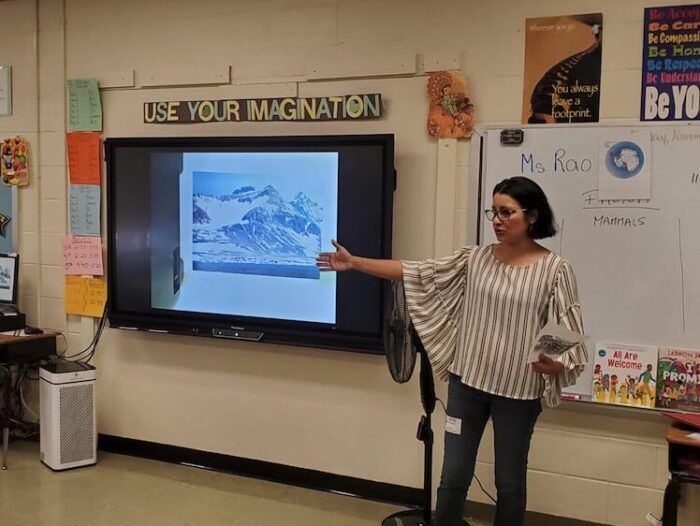
Delgado as an adult. Photo: Marisa Delgado
Ruben Eduardo de Carli
On 21 September 1979, Ruben Eduardo de Carli was born at Esperanza Base. His father, Eduardo Francisco de Carli, was a 26-year-old army technician tasked with setting up a radio station, while his mother, Maria Rosario Cuccaro, was a kindergarten teacher. Today, de Carli lives in Buenos Aires.
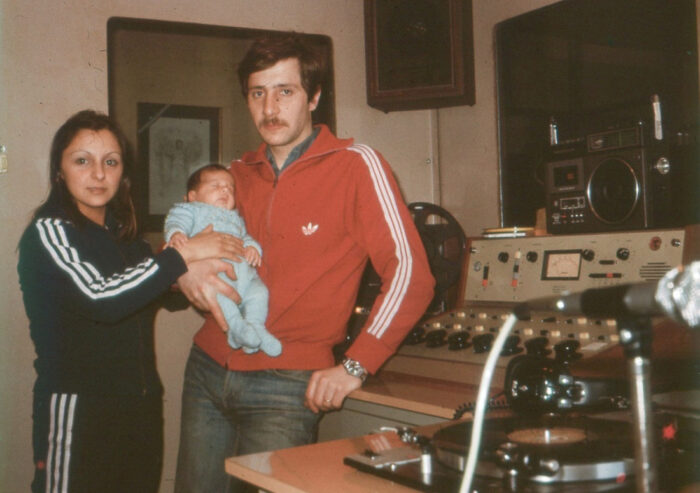
De Carli with his parents. Photo: Rubén Eduardo de Carli
De Carli recalls his birth was “complicated.” He was born at eight months after a difficult delivery, and midwives initially believed he was stillborn.
Francisco Javier Sosa
Just weeks later, on Oct. 11, 1979, Francisco Javier Sosa was born at the same base. His father worked as a cook, and his mother was a professor of Antarctic history. Sosa later moved to the United States, where he worked as a cook in Florida and raised three children.
Reflecting on his unique birthplace, he later said, “Having been born in Antarctica meant a lot because it is unique…I was not able to visit the place where I was born.”
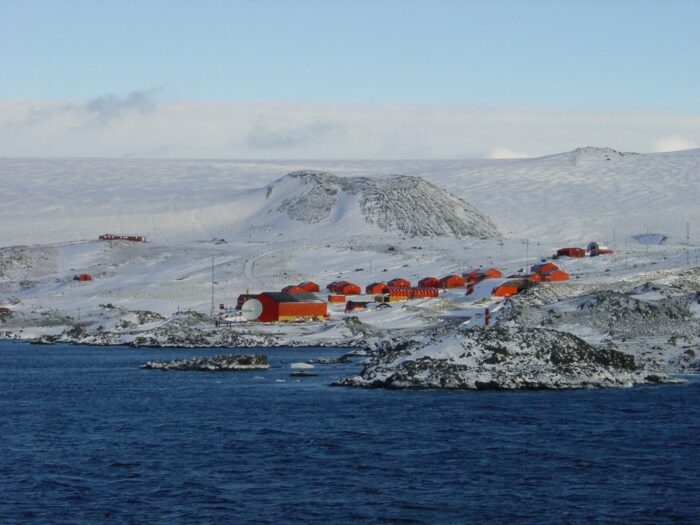
Esperanza Base. Photo: Wikipedia
Silvia Analia Arnouil
In January 1980, Silvia Analia Arnouil was born at Esperanza Base to Petty Officer Oscar Arnouil and his wife. Her delivery was attended by doctors Ruben and Mabel Pariggi.
Jose Manuel Valladares Solis
On 24 January 1980, Jose Manuel Valladares Solis was delivered at Esperanza under unusual circumstances. His parents (his father was an Army Colonel) had traveled south after a fire damaged the base’s facilities. With little equipment available, because of the fire, doctors improvised using a nebulizer as a surgical aspirator (often used to assist via suction with difficult births) during the delivery.
Valladares has since reflected his belief that his birth was not driven by politics.
“I agree with the opinion of the Japanese journalist Eiji Roppongi, who interviewed me in 2003 and stated that my birth was my destiny, not because of political interest in Argentina, not because my parents chose the place, but because God wanted it that way.”
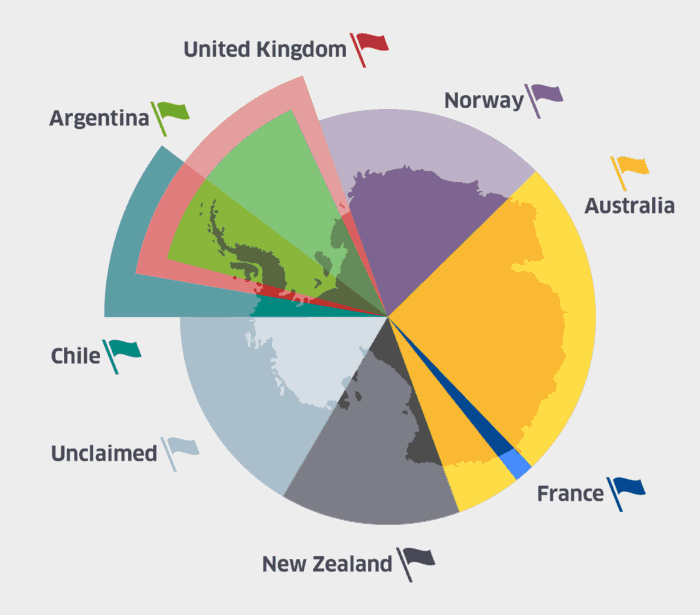
Territorial claims on Antarctica. Image: discoveringantarctica.org.uk
Lucas Daniel Posse
On Feb. 4, 1980, Lucas Daniel Posse was born at Esperanza Base to Sergeant Marcelo Posse, a mechanic, and his wife Maria Rosa Domínguez.
Maria Sol Cosenza
In 1983, Maria Sol Cosenza was born at Esperanza and lived there until she was six months old. Later settling in Mexico, she studied social communication. Reflecting on her unusual beginning, she later said, “I am proud of having been born in a magic land, as I see it, and it makes me feel special.”
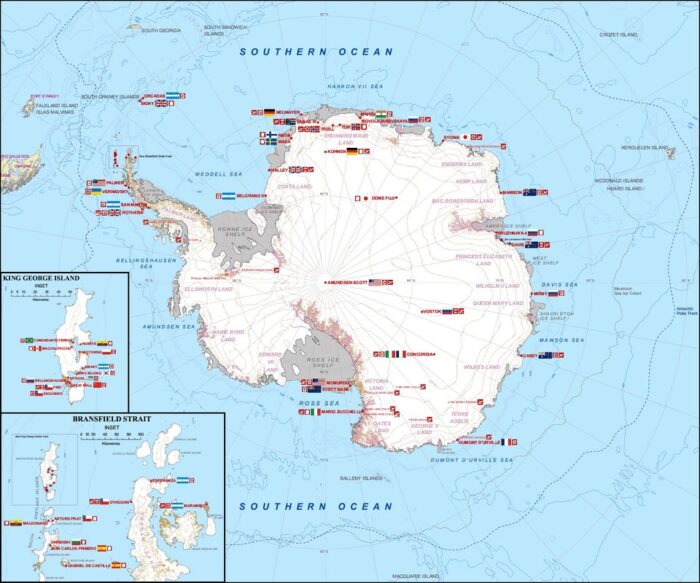
Map of Antarctic research stations. Esperanza is on the far left-hand tip of the continent. Image: Wikipedia
Chile joins the story
Chile also recognized the value of encouraging families at its Antarctic outpost. On Nov. 21, 1984, Juan Pablo Camacho Martino was born at the Eduardo Frei Base on King George Island.
Unlike Palma, Camacho was both conceived and born in Antarctica, making his case unique. Within weeks, Gisella Cortes Rojas was also born at the base, followed in January 1985 by Ignacio Alfonso Miranda Lagunas, the most recent birth recorded on the continent.
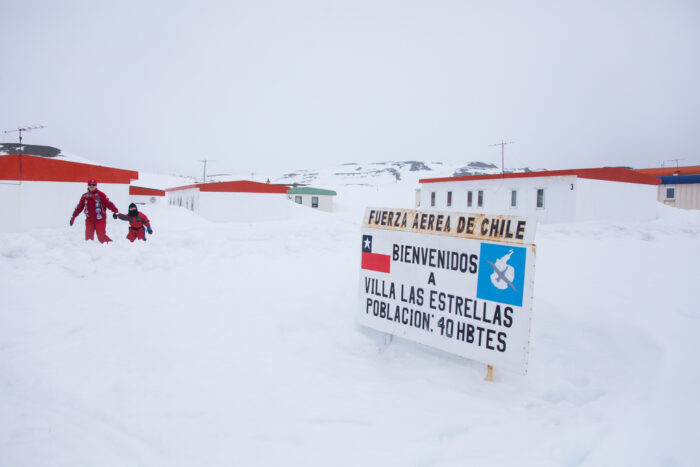
Eduardo Frei Station. Photo: Shutterstock
Timeline of Antarctic births
- 7 January 1978 – Emilio Marcos Palma (Esperanza Base, Argentina)
- 27 May 1978 – Marisa de las Nieves Delgado (Esperanza Base, Argentina)
- 21 September 1979 – Ruben Eduardo de Carli (Esperanza Base, Argentina)
- 11 October 1979 – Francisco Javier Sosa (Esperanza Base, Argentina)
- 14 January 1980 – Silvia Analia Arnouil (Esperanza Base, Argentina)
- 24 January 1980 – Jose Manuel Valladares Solís (Esperanza Base, Argentina)
- 4 February 1980 – Lucas Daniel Posse (Esperanza Base, Argentina)
- 1983 – Maria Sol Cosenza (Esperanza Base, Argentina)
- 21 November 1984 – Juan Pablo Camacho Martino (Eduardo Frei Base, Chile)
- 2 December 1984 – Gisella Cortes Rojas (Eduardo Frei Base, Chile)
- 23 January 1985 – Ignacio Alfonso Miranda Lagunas (Eduardo Frei Base, Chile)
By establishing family life at their stations, both Argentina and Chile sought to underscore their territorial claims in a region governed by the Antarctic Treaty. Families endured storms, fires, and isolation, but their presence was presumably seen as proof of national commitment.
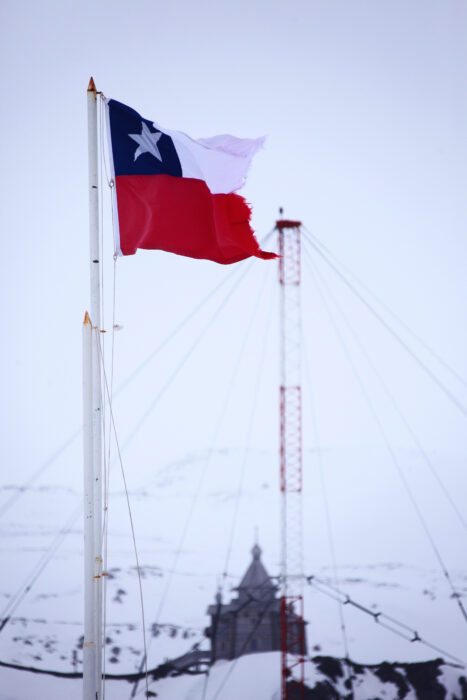
The Chilean flag aloft in Antarctica. Photo: Shutterstock
Since the mid-1980s, no further births have been publicly documented. Today, Antarctic programs prioritize safety and logistics, and pregnant women are not sent to the remote bases.
